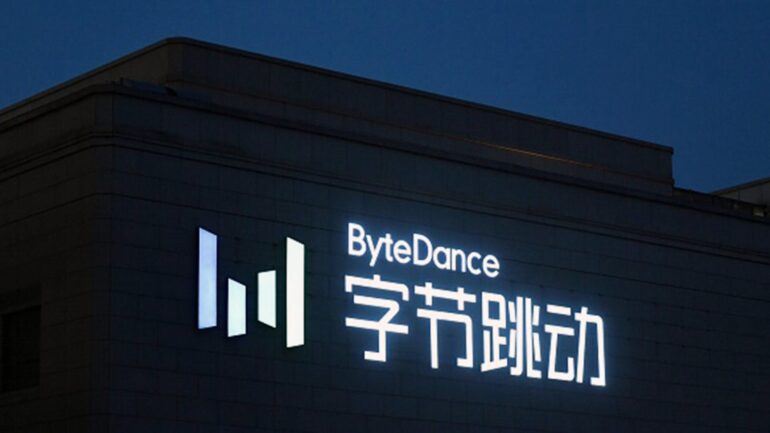TL;DR:
- ByteDance, owner of TikTok, is launching a platform for customizable AI chatbot creation.
- This move follows a trend in the Chinese market, with ByteDance’s rival Baidu also offering chatbot development tools.
- Custom chatbots could revolutionize customer service, providing more tailored responses with less human intervention.
- While chatbots faced challenges in the past, advancements in AI technology may improve their adoption.
- Meta and OpenAI are also exploring AI chatbot creation tools, indicating a potential market shift.
- ByteDance focuses not only on chatbots but also AI image creation and in-stream chatbot testing.
Main AI News:
As the tech world races to harness the power of generative AI, one avenue gaining significant traction is the creation of customizable chatbots. These AI-driven virtual assistants empower users to fashion bespoke bots capable of addressing text-based inquiries seamlessly within their platforms. While this may not hold immense appeal for everyday users, it presents a game-changing opportunity for brands looking to elevate their customer engagement.
ByteDance, the parent company of the viral sensation TikTok, has now thrown its hat into the ring. It is set to unveil a cutting-edge platform that empowers users to customize AI chatbots, all within specified parameters. This strategic move aligns ByteDance with the emerging trend in the Chinese market, where custom Language Model (LLM) and chatbot development are quickly gaining momentum. Rival company Baidu has also launched its chatbot development system, catering to businesses seeking responsive AI models tailored to their specific products and services.
The true value of these initiatives lies in their potential to transform customer service. Imagine having a ChatGPT-like system fine-tuned to your database and tailored around your offerings. Such a tool could revolutionize customer interactions, delivering more accurate responses to inquiries with minimal human intervention.
While Western audiences have not always embraced chatbots, the tide may be turning. Meta, formerly Facebook, made a significant push for chatbot adoption back in 2016, offering customization frameworks and tools for brands to create their own digital assistants. Although the concept didn’t take off at the time, today’s more advanced AI bots could change the game. Whether the broader public warms up to these systems remains to be seen, but given the popularity of ChatGPT, they are undoubtedly worth experimenting with.
Intriguingly, Meta is now actively developing AI chatbot creation tools of its own, while OpenAI recently teased its upcoming “GPT Store,” which will provide bot customization tools spanning various categories. The next wave of innovation appears to be on the horizon, especially as users become increasingly accustomed to conversational queries, akin to their interactions with ChatGPT. This presents a unique opportunity for businesses to align their offerings with evolving search behaviors, enhancing the value they provide to users.
Moreover, ByteDance does not stop at chatbots alone. The company is also exploring AI image creation, incorporating in-app filters and a platform akin to Midjourney. Additionally, TikTok is testing an in-stream chatbot in the Philippines and experimenting with conversational prompts to fine-tune users’ “For You” feeds. These developments signify ByteDance’s commitment to harnessing AI’s potential for enhancing user experiences and expanding its foothold in the tech landscape.
Conclusion:
ByteDance’s foray into customizable AI chatbots signals a significant shift in the market. Businesses should pay attention to this trend as it could reshape customer service and engagement strategies. The growing interest from tech giants like Meta and OpenAI suggests that chatbots may become a pivotal element in enhancing user experiences and aligning with evolving search behaviors.

